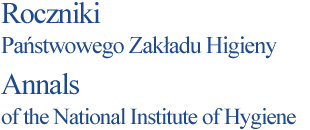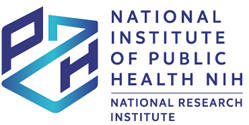ABSTRACT
Background. Despite the efforts and investments made for traceability and the guarantee of a fair and safe milk product, the informal sector threatens the safety of milk. In fact, during this circuit, the product does not undergo any treatment and therefore presents serious risks for the health of the consumer. In this context, studies have been carried out on samples of peddled milk and products derived from it.
Objective. The purpose of this study is to evaluate the relevance of the informal circuit in Morocco's Doukkala region (El Jadida Province) by physicochemical and microbiological investigation of raw milk and its derivatives at various points of sale.
Materials and method. 84 samples were taken between (23 for raw milk, 30 for the «Lben», and 31 for the «Raib») between January 1st, 2021 and October 30th, 2021. According to Moroccan rules, microbiological analyses revealed an extremely high non-compliance rate in most samples obtained at the level of outlets situated in the El Jadida region, with a non-compliance ratio of 65 percent for raw milk sold, 70 percent for the «Lben», and 40 percent for the «Raib».
Results. Likewise, these analyses revealed that majority of the samples did not fulfill international criteria for the pH values of raw milk samples «Lben» and «Raib», which are respectively between 5.85 and 6.71; 4.14 and 4.43 and 4.5. Other characteristics, including lactose, proteins, fat, mineral salts, density, and additional water, have also yielded results.
Conclusion. This has allowed us to analyze the major impact of the peddling circuit at the regional level, which is a risk factor for consumer health.
Możesz zmienić ustawienia cookies w swojej przeglądarce. Ograniczenie stosowania plików cookies w konfiguracji przeglądarki może wpłynąć na niektóre funkcjonalności dostępne na stronie.



